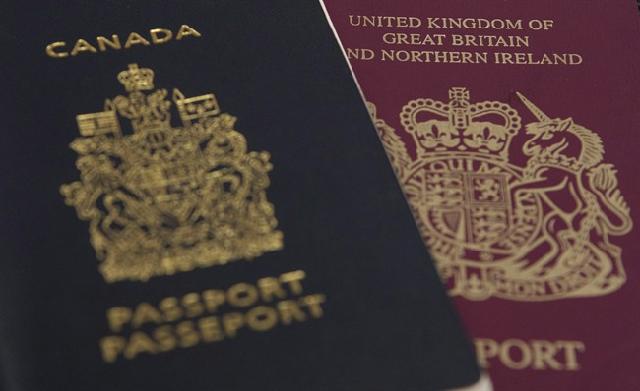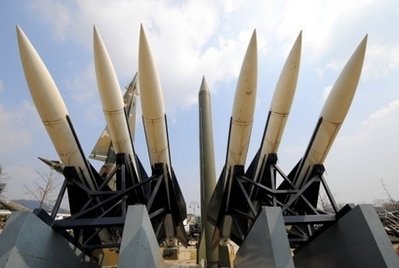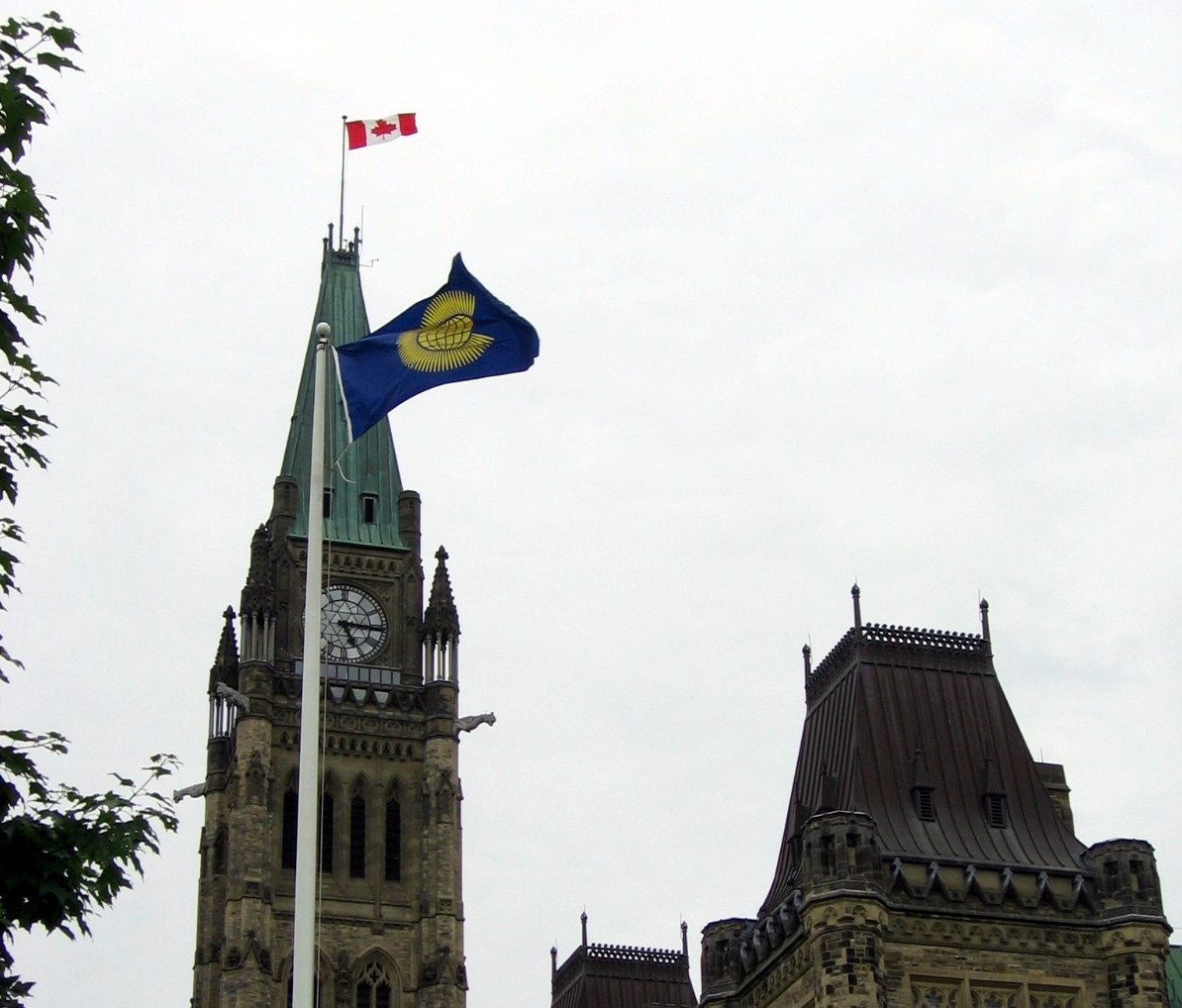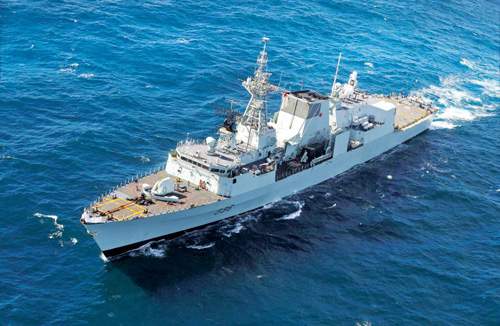Much of the world is now in a dreadful state. The usual trouble in the Eurozone has begun to flare up again, the Arab Spring has taken a disturbing turn for the worse, Netanyahu threatens to open the doors of war against Iran, and Japan and China posture alarmingly in the East China Sea.
But Canadians may be most alarmed by our closest ally’s apparent withdrawal from world leadership into a grim period of introspection, and perhaps of isolationism. Who can blame them? The so-called ‘fiscal cliff’ threatens to remove 3.8% of American GDP, may raise unemployment to 9%, and may send investors away from the stock market into government bonds, thereby driving the yield of treasuries to less than 1%. So a period of introversion is perhaps understandable — even in the face of international unrest and acts of war in Libya — as America gets its finances under control.
This is a good time for Canada too to reexamine its place in the world, its foreign policy, and the alliances by which it has stood since the Second World War. It was perhaps in this spirit that Minister of Foreign Affairs John Baird and his British counterpart William Hague, announced that Canada and Britain would share embassy facilities, expressing the hope that Australia and New Zealand would participate also.
The move was ostensibly calculated not only to save money, but also to give living expression to our long-standing Commonwealth ties with Britain. Nevertheless, it has been received with criticism by some. Complaints have focused mainly on the idea that Canada’s ‘brand’ would be compromised by its proximity to Britain, and that this new arrangement would once again, imply Canada’s colonial subordination to Britain.
But Canada and Britain are perfectly capable of interacting on an equal level. The Statute of Westminster is in no danger of being revoked, and Canada’s cooperation within NATO, NAFTA, the G20, and the Francophonie (to name some alliances, treaties, and organizations in which Canada is active) has not undermined Canada’s ‘brand’. To be fair to critics, though, it is conceivable that sharing embassies with Britain might expose Canadian diplomats to danger where Britain is disliked more than Canada is.
Many will be wondering whether sharing embassy facilities is only a small part of a larger plan to bring the Commonwealth closer together. After all, Hague has said repeatedly that he means to put the Commonwealth at the centre of British foreign policy. But Canadians may not know that British MP Andrew Rosindell, recently introduced the UK Borders Bill, whereby separate queues would be established at international terminals for citizens of Commonwealth Realms where the Queen is Head of State. Combine this with the Canadian Conservatives’ restoration of royal warrants to the Navy and Air Force, and their insistence that all embassies display pictures of the Queen, and there may be grounds for believing that some sort of Commonwealth revival may be afoot.
It is too soon to say what will come of embassy-sharing and Commonwealth queues. But given recent developments, now seems to be an excellent time for Canada to deepen ties with fellow Commonwealth countries, and the result of doing so may be well worth the effort.
We should seriously consider free trade and freedom of movement among the Commonwealth’s oldest founding members. Britain, Canada, Australia, New Zealand and South Africa alone would amount to a gigantic market, they are strategically placed in their respective continents and hemispheres, and their combined GDP of over 5 trillion USD (according to the International Monetary Fund 2011) would make them the fourth largest economy in the word, only slightly behind China and Japan. But if India, and Singapore were included, such a bloc would easily be the second largest economy in the world.
Sheer size is not the only factor. According to the IMF, across the Commonwealth economies are predicted to grow at an average of 7.3% over the next five years. The Eurozone, on the other hand, which some consider the biggest economy in the world, is to grow over the same period at an average of 2.7%. Moreover, most Commonwealth countries are compatible in practical ways: they are mainly English-speaking, they often have similar styles of government, derived from Westminster, the common law prevails in them, and there is a similarity of outlook and temperament. Compare this to the European parliament, which has more interpreters than members, and consider the European Union’s failure to counteract the centrifugal force of nationalism. Consider also deepening political and social division in the United States. Any deepening of ties with the Commonwealth would be a walk in the park in comparison with navigating the financial, social, and political troubles of Europe and America.
Of course, Canada’s trade with the United States will continue to be profitable, and Americans will probably still buy our resources for a long time to come. But Canada can always benefit from new friends and new trading partners, and it is to the Commonwealth that we should look first: much of the groundwork is already in place.




